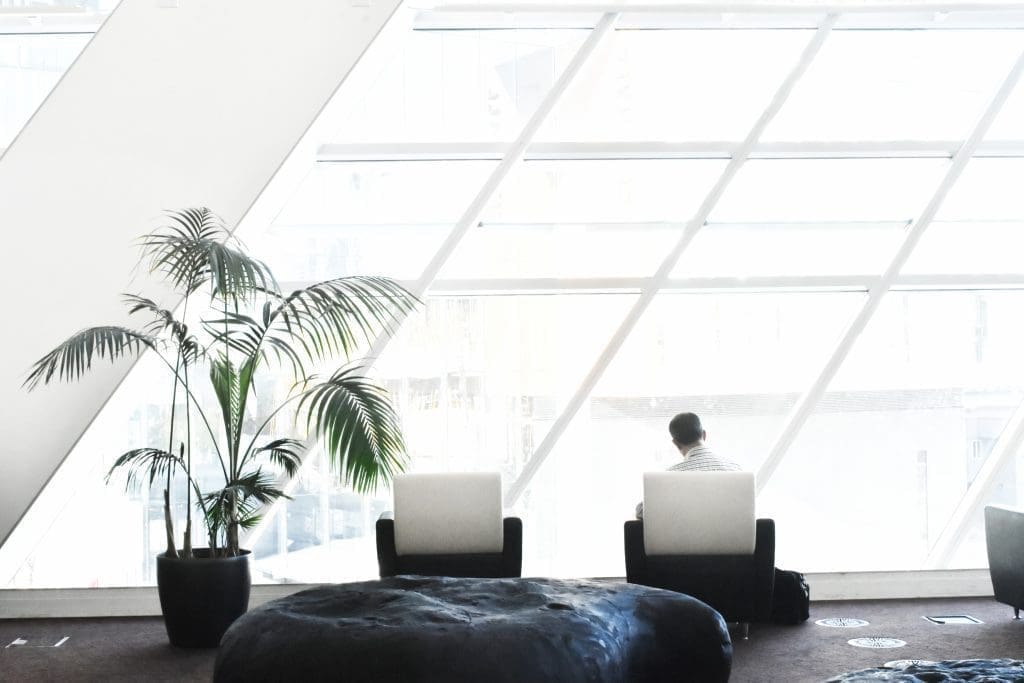UAE Federal Supreme Court weighs in on liability of shareholders in bankruptcy proceedings
Facts and Trial
A company operating from 2001 till 2012 was in strong financial standing. After 2012, the company faced financial difficulties and lawsuits and by 2020 had encumbered debts amounting to almost AED 20 million.
The Federal trial courts (Primary and Appeal) assessed that the company was trading in a commercial business by nature, and it was declared bankrupt as a result of its failure to pay its commercial debts and the disruption of its business and lack of confidence in it in the commercial market, which indicates its troubled financial position, with which its credit position is shaken.
The creditors petitioned for the bankruptcy of the two shareholders as well.
The Federal trial courts rejected the bankruptcy of the two shareholders on the finding that the bankruptcy conditions did not apply to them according to the text of Article 142 of Federal Decree-Law No. 9/2016 on Bankruptcy.
The creditors challenged the position of the Federal trial courts before the Federal Supreme Court on the basis that Article 142 states that if there is an order for bankruptcy of a company and liquidation of its assets, then all the joint partners of the company shall be declared bankrupt.
Supreme Court Assessment
The Supreme Court rejected the petition on the grounds that the company whose bankruptcy was declared is a free zone company that has a separate legal personality, and its financial liability is independent of the liabilities of its shareholders, and the responsibility of each of the shareholders is determined with his share in the company both in relation to each other and to third parties.
The Supreme Court clarified that shareholders could be found accountable in their personal capacity for debts within the limits of any issued personal guarantees.
If the shareholders are not joint partners nor are responsible for the company debts with their personal assets, they are not considered merchants, just as their participation in the formation of the company and their rights to profit share from the company is not considered a commercial act.
The Supreme Court confirmed that Article 142 applies to ‘merchants’ and/or joint partners in unlimited liability companies (or civil companies) but does not extend to shareholders in a limited liability company.
The Court clarified that Article 142 should be read in line with Article 2(4) which states the provisions of Bankruptcy Law applies to licensed civil companies of professional nature.
Although not referenced by the Court, a ‘merchant’ is defined in Article 11 of the Commercial Transactions Law as every person performing, in his own name and for his own account, acts of commerce, and every company exercising a commercial activity or adopting one of the forms prescribed in the Commercial Companies Law, even if such activity is a civil activity.
Supreme Court Holding
Whereas the text of Articles 2(4) and 142 of Federal Decree-Law No. 9 of 2016 regarding bankruptcy states that its provisions apply only to the person who is approved by the description of the merchant in its legal sense, that he was conducting business in his name and in a professional and exploitative manner, and that the description of the merchant applies to a general partner in the company that conducts trade as a profession, and it was decided and based on what was done by the judiciary of this court that declaring bankruptcy is a penalty that is limited to merchants who stop paying their commercial debts as a result of their financial position insolvency, and that the description of the merchant is only valid on the person who practices trade as a professional, and the capacity of a merchant in commercial business cannot be a presumption, and the burden of proof falls on the one claiming it, and that the bankruptcy of the company entails the bankruptcy of each joint partner in it, with the effect that the joint partner in a commercial company is considered a trader that permits his bankruptcy.
Significance
The clarification by the Supreme Court on the reading of Article 142 of the Bankruptcy Law comes at a significant time on the heels of the recent Marka ruling by the Dubai Courts in adjudicating the bankruptcy of Marka Holdings PJSC.
The Dubai Primary Court had ordered that the managers and directors of Marka be found personally liable for the debts of Marka to amount of approximately AED 450 million.
The Primary Court, in the Marka case, based its finding on Article 144 of the Bankruptcy Law which permits the Court to compel any or all board members or managers to pay all or some of the debts of the company if the assets of the company are not sufficient to meet at least twenty percent of its debts.
Article 144 reads in a sequential manner to Article 142 – with Article 142 discussing liability of partners.
It is noteworthy now the Supreme Court highlights that the reading of Article 142 must be in conjecture with Article 2(4) which applies the Bankruptcy Law to licensed civil companies and does not extend to shareholders in companies protected with limited liability provisions.
Author: Mahmoud Abuwasel

